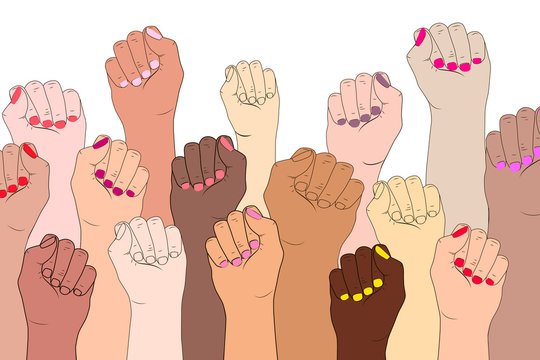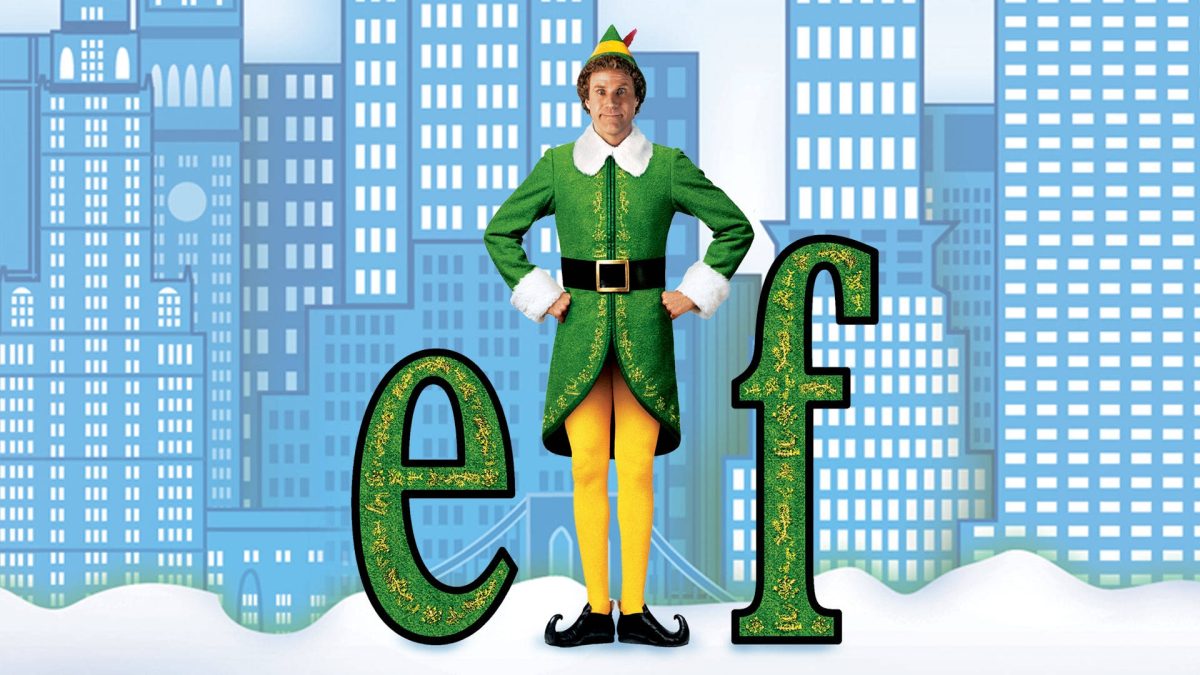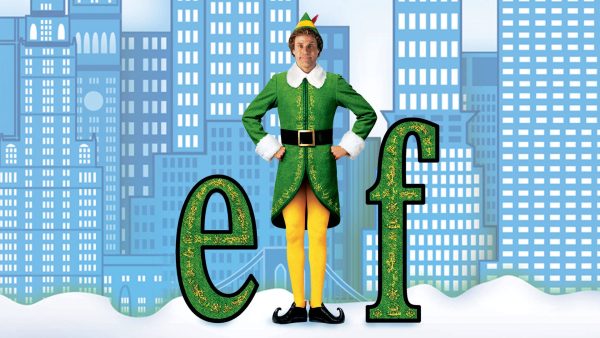Chasing Pavements
New Year’s resolution create a sense of false hope and disappointment.
The beginning of the new year signifies a new start for a lot of society. People see it as a chance to end old habits and develop new ones. The change of the year means a change in lifestyle, but contrary to popular belief, coming up with numerous positive new years resolutions and goals can actually be a negative thing.
New Year’s resolutions are almost destined to fail.
The whole thing is a set up.
People create goals for themselves that sound achievable and easy to maintain, but in reality, establishing a new habit and giving your lifestyle a makeover is a large task to take on. Doing this just because the year changed is also a bad start. Your personal routine and schedule may not even be ready to handle this kind of switch in habits at this point in time. Finding a time to set and work towards new goals that best fit your schedule can help you work towards these goals for longer periods of time.
To create a resolution that works for you, most people look at their life and put out all of the things they believe to be flaws. Whether it be eating habits, workout routines, study schedules, or struggles to save money, to find something that needs fixed, you have to focus on all the negatives about yourself.
According to John Lough, author of Why New Year’s Resolutions can be a bad idea, the drive to fix these negative aspects can be used as motivation, but will only last so long before it becomes damaging.
“Resolutions are based on negative emotions, things about yourself with which you aren’t satisfied or happy,” says Lough. “These may seem motivating at first, but they actually can create feelings of anxiety and decreased self-worth.”
For teenagers, creating their resolutions are based on what they see other people do and achieve. Yet, the things they see influencers on social media strive for are normally unrealistic things for an average person to do in their everyday lives.
Experts recommend reaching for smaller goals to achieve. Rather than looking at the bigger picture and the end result, it is being taught to appreciate the journey and the smaller steps it takes to get to the overall end goal. Setting resolutions to live a more positive lifestyle can begin by aiming to simply give someone a compliment everyday or strive to volunteer somewhere at least once a month. If improving your health and wellness is your goal, instead of jumping into extreme diets right off the bat, start by substituting water in for soda or limiting the amount of sugar you intake everyday.
Senior Marissa Weimer set goals when the clock struck 12 on January 1st, but understands how they need to be achieved.
“I do have goals for myself that I made at the start of the year,” says Weimer. “But they are all smaller goals so I feel more fulfilled and reach them easier so I can achieve more in the long run.”
Weimer also expresses how she tends to stay away from any academic related goals saying how she feels too much pressure is applied when trying to reach any “school related” goals.
Achieving goals is not unrealistic, but to reach those endpoints, it has to be a process. New habits form after 21 days, not overnight. Feeling good throughout the entirety of the journey will keep the motivation while remembering that everything takes time to perfect.
New year does not have to mean new me, but if smaller steps are taken, it can lead to a more motivated outlook on goals.

Abigail is a senior writer for the Station. She is the president of Spanish National Honor Society and participates in other clubs such as Interact and...









































